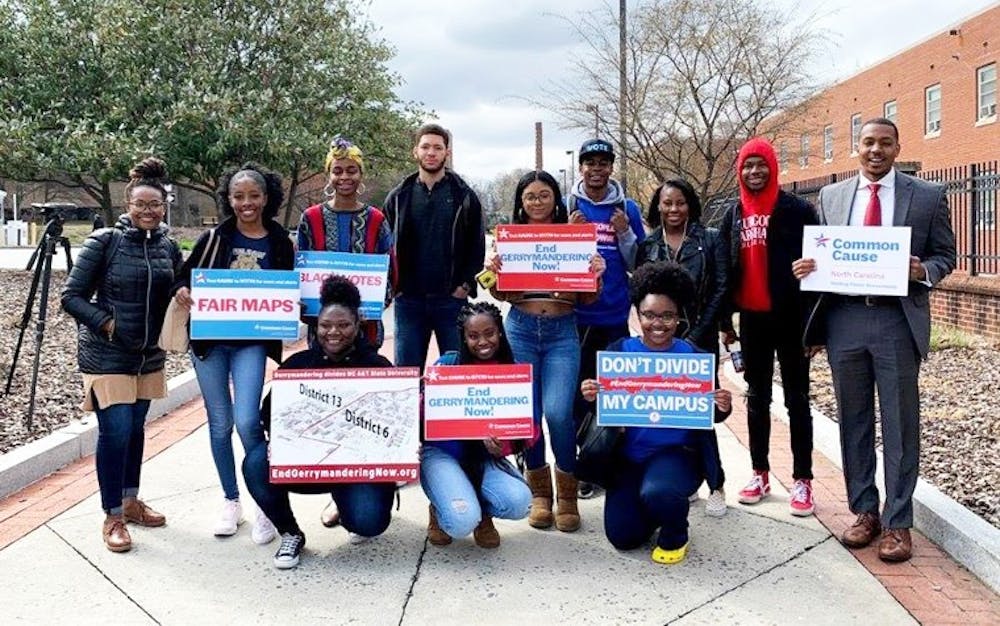Despite some continuing concerns about gerrymandering, Wake County Superior Court judges have upheld the current congressional and legislative maps in time for the primary elections on March 3.
The Superior Court upheld the legislative maps in October 2019 after objections were raised by Common Cause, a nonpartisan grassroots organization. The court denied complaints about the transparency of the process and objections to districts in the grouping of five counties.
According to the Oct. 28 order that upheld the state’s legislative maps, the court addressed concerns that N.C. Rep. David Lewis, R-District 53, and chair of the House Redistricting Committee, had met with Republican redistricting strategists behind closed doors when choosing a base map.
The judges said despite the lapses in transparency outlined by the complaint, the chosen map had broad bipartisan support and there was an unprecedented amount of transparency during the process. In regards to the county groupings, the judges found that the General Assembly complied with court mandates in each case.
“These maps should help us have somewhat more competitive legislative races,” Marilyn Carter, chair of the Orange County Democratic Party, said.
Carter said the Democratic Party is looking ahead to have more representation at the state level and preparing for another round of redistricting after the 2020 census.
N.C. Rep. Verla Insko, D-District 56, also looked ahead to the Democrats' next steps in the legislature. Insko said she was disappointed in the decision to uphold the current maps despite districts that were still gerrymandered but said the maps were fairer than the previous maps.
“We are going to work to regain the majority,” Insko said. “If we do, I believe one of the first bills we are going to file will be a nonpartisan redistricting commission.”
After the court blocked the use of the 2016 congressional maps in October, the General Assembly chose to redraw the districts. The candidate filing deadline was Dec. 20, 2019, so a drawn-out court case would have possibly resulted in changing the date of the filing period and the 2020 primary.



